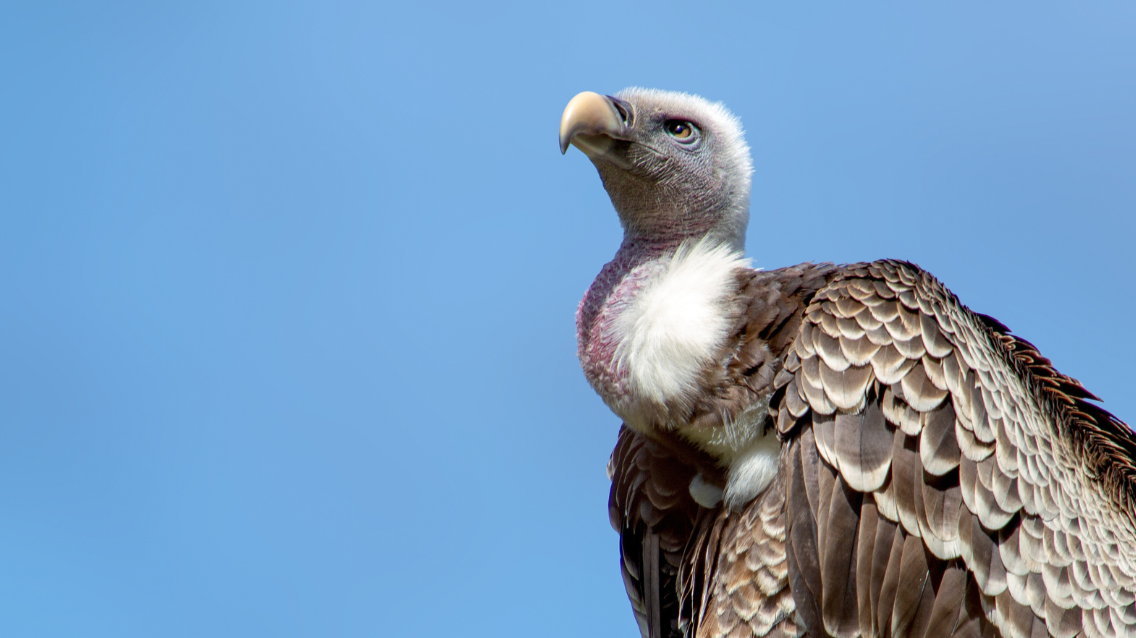
Saving Endangered African Wildlife And Their Ecosystems
Wildlife ACT, founded in 2008, is a multi-award-winning non-profit dedicated to saving Africa’s endangered species through urgent, on-the-ground conservation and free professional wildlife monitoring for under-resourced nature reserves.
We began supporting Wildlife ACT in 2025 with funding for their Vulture Programme
Working With Vultures
As active members of Project Vulture, the Zululand Vulture Project, the Bearded Vulture Task Force, and the South African National Vulture Task Force, Wildlife ACT works to conserve vultures in KZN and beyond. They are guided by the global Multi-species Action Plan to conserve African-Eurasian Vultures (Vulture MsAP), and contribute towards the national Biodiversity Management Plan for Vultures in South Africa. Following Wildlife ACT’s Theory of Change, through strong partnerships, long-term stakeholder engagement and landscape-wide approaches that are data-driven, the Wildlife ACT Vulture Conservation Programme works towards the following three main objectives:
Population Stabilisation and Habitat Protection
Education and Community Conservation
Improved Advocacy
Acquiring valuable data helps determine population health and wellbeing
Poisoning
Poisoning is a threat that has been around for years, and in KZN are often linked directly to the traditional medicine trade, with vultures deliberately targeted for their body parts. Wildlife ACT, working in partnership with Ezemvelo KZN Wildlife, the Endangered Wildlife Trust, Project Vulture and other conservation partners, have responded to more than 60 potential emergency alerts and recorded just over 300 poison mortalities in the region since 2019.
The Wildlife ACT Vulture Programme will aim to combat and prepare for poisoning events by renewing its focus on:
Awareness and education around vultures, poison and the law within local communities and all stakeholders.
More training to ensure the field team is 100% prepared to deal with any scenario.
Improved advocacy, linking to the bigger picture of organised crime in the province and surrounds, including key stakeholders like Traditional Healers and other like-minded organisations.
Networking in areas where vultures are moving more, potentially as a result of reduced HiP rhino poaching.
Understanding the local availability of poisons to inform strategic disruption of illegal supply chains.
Raptor first response and crime scene management training workshop
Lead Free Ammunition
The risk of lead poisoning on birds has also been known for decades. In more recent studies, high lead levels in Vulture populations has been documented across most of Southern Africa, and studies are increasingly reporting that lead exposure is contributing to Vulture populations’ mortality rates.
The Wildlife ACT Vulture Programme will aim to educate hunters, parks management, farmers and other stakeholders around the implications that lead ammunition has on vulture and human health whilst advocating for lead-free ammunition alternatives.
Lead awareness poster for education




